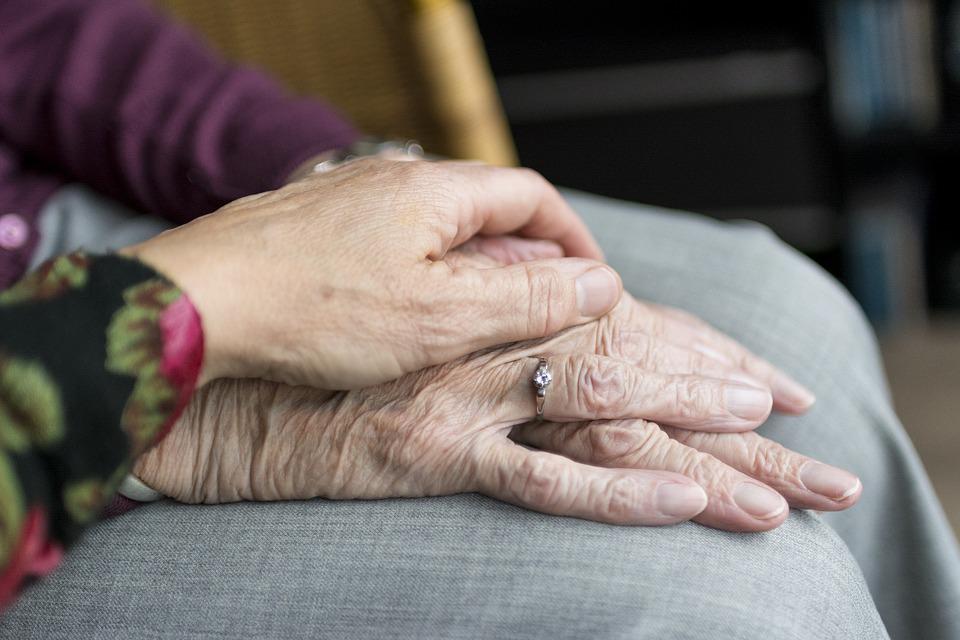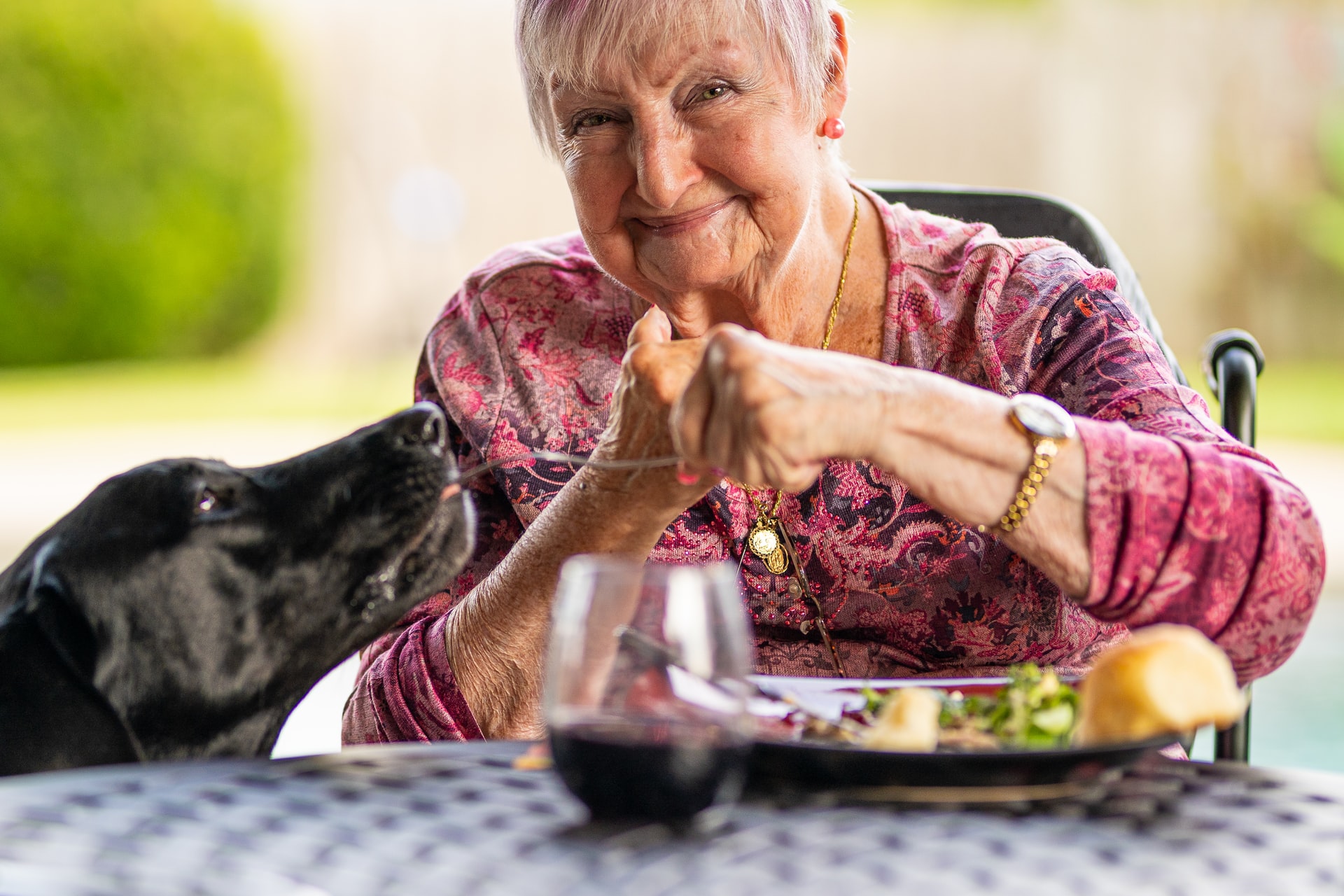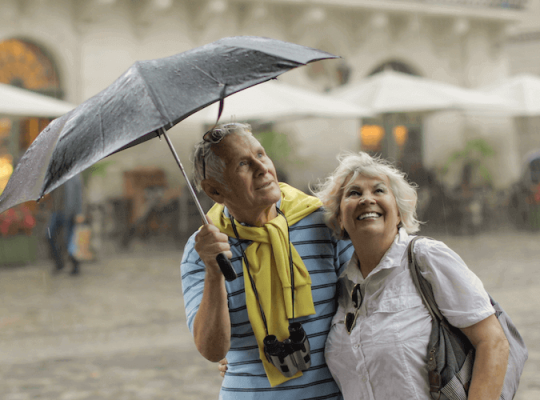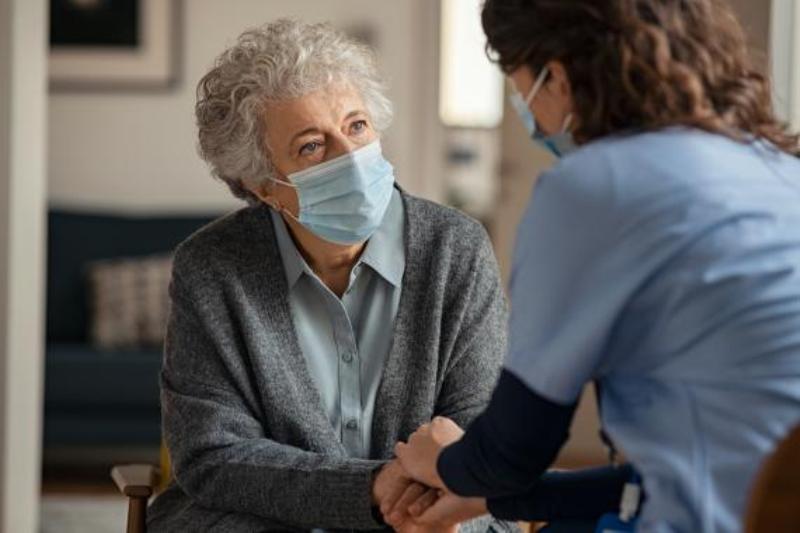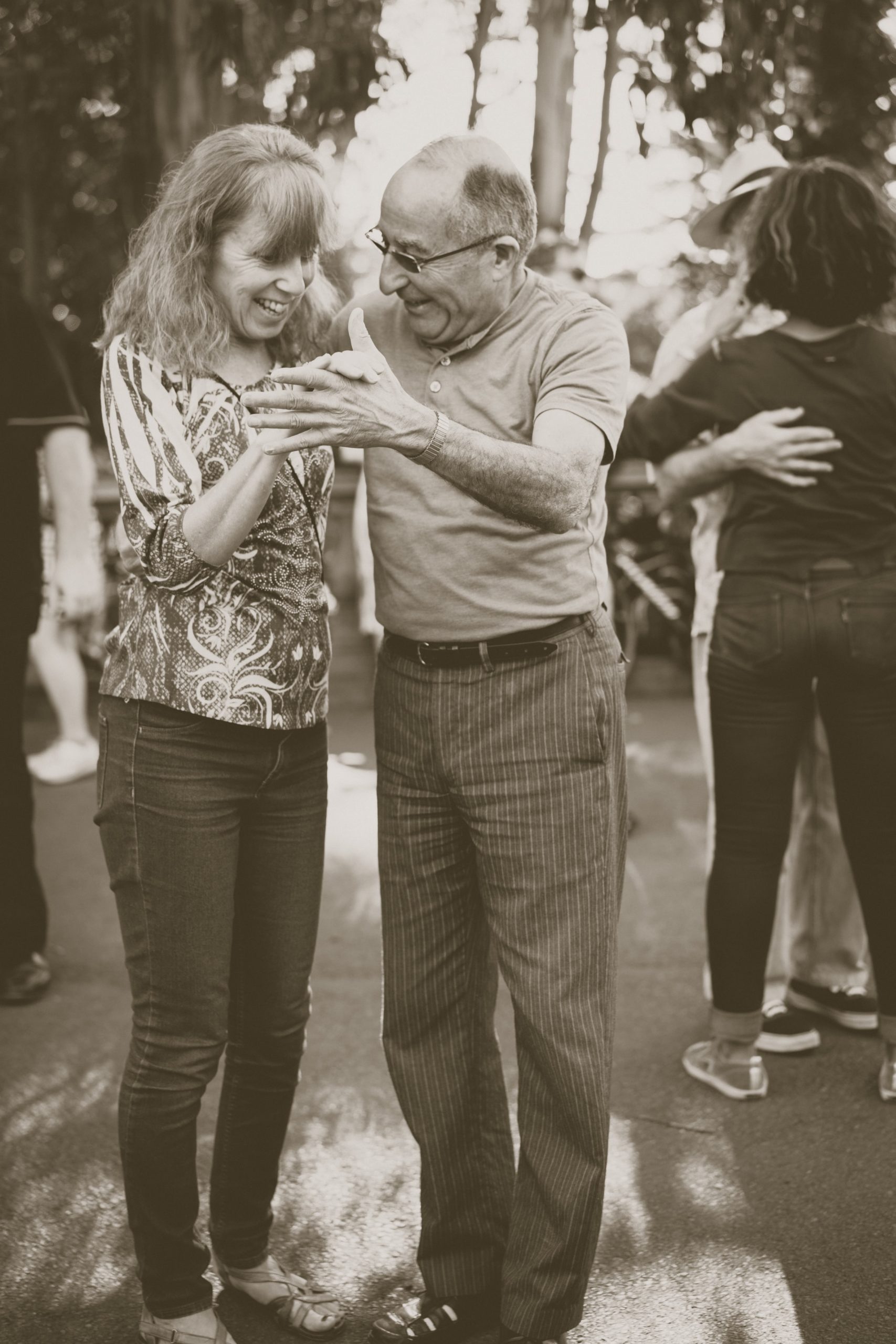Care for the elderly is often centered on easily diagnosed medical assistance and treatment of physical ailments, sometimes overshadowing other essential aspects of daily life. However, attention to overall well-being is also necessary to enhance the quality of life of the elderly. This improves satisfaction, slows cognitive decline, and contributes to better health. Here’s what you can do to improve the quality of life of the elderly.
1) Let Them Be Autonomous Where They Can Be
Having the autonomy to control your day and space for as long as possible is essential to the well-being of elders. For example, if the stairs in the home become a barrier, installing accessibility equipment is preferable than forcing them to move into a foster home or nursing home. You can also choose to hire a caregiver to help the elderly continue to live at home for more autonomy.
It is also a good idea not to infantilize the elderly. For instance, allowing them to do household chores as long as their health permits contributes to increased productivity and autonomy.
2) Mind Exercises
Just as exercise is good for the body, mental gymnastics can also stimulate the brain and provide a proper training ground for neurons. For instance, several studies have shown that learning a language can delay the onset of senile dementia and even help the brain recover after a stroke. Based on individual interests, reading books, practicing crosswords and Sudoku, and studying topics that stimulate the individual’s curiosity can help keep the mind young.
3) Allow Them To Take Care of Themselves
It is not uncommon for older people to neglect their necessities. Therefore, older adults must take good care of themselves physically and emotionally. Depression, in particular, should not be underestimated. Whether due to death, significant change, or loneliness, it is crucial to provide emotional support at the first sign of it and, in some cases, to encourage the appropriate course of treatment.

4) Promote Physical Activity
Regular exercise is essential in old age to prevent health problems caused by a sedentary lifestyle, reduce illness due to inactivity, and improve mood. Of course, activities should be tailored to the health status of the elderly. Walks in nature, swimming, water aerobics, or rowing an exercise bike are all appropriate. Those who are still able to do so can take the stairs several times a day and use a stairlift if they get tired.
5) Stay Connected
One of the most important aspects of happiness is the social aspect. People are designed to live in a community, and feeling connected to others is essential to health. For this reason, older adults need to have regular opportunities to meet with family and friends to stay healthy for longer. Depending on their individual circumstances, we also encourage them to join clubs and groups or participate in voluntary activities at the community level. Helping others and contributing to the community’s well-being is, in fact, another way to improve their daily lives.
6) Lifestyle Changes
It is never too late to make lifestyle changes. Even if you have always smoked, you will be healthier as soon as you stop smoking. The same goes for exercise and healthy eating. If you have never done it before, start. Avoid going out during the hottest part of the day in summer and limit exercise to early mornings and evenings.
It is also essential to wear light, loose-fitting clothing of cotton or linen and a hat when going outside. Unless otherwise directed by your doctor, eat light meals and drink plenty of water, even if you are not thirsty.
Remember to close windows and shutters during the day and ventilate during cooler hours. Bathe or shower regularly and stay in an air-conditioned environment if possible.
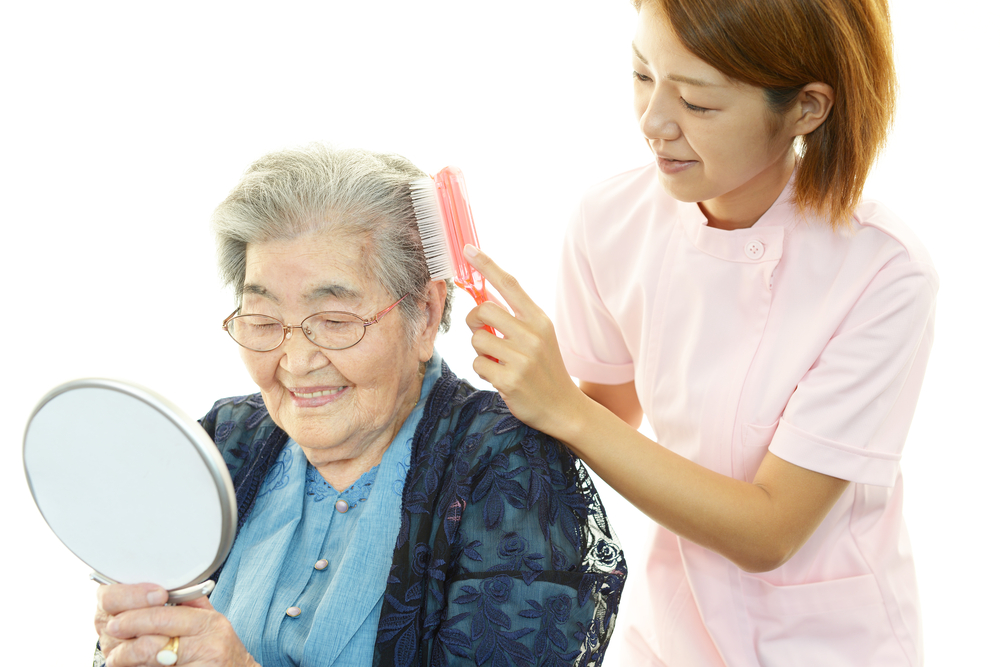
Incorporating these behaviors into the lives of your loved ones can make the rest of their lives more enjoyable and fulfilling. Age is no barrier to wellness, and you don’t have to give up just because you are elder.

